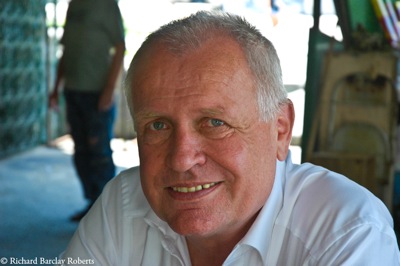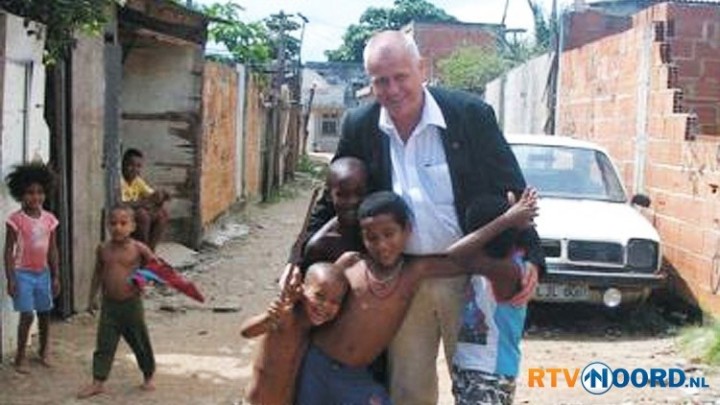Rio de Janeiro has over one thousand favelas sprawling across the city. Some are tiny or small, others hold over 100,000 residents, totaling in all about 2.4 million, or 20 percent of the greater city area population. Some favelas are more violent than others, mostly due to the drug trafficking gangs fighting for business, ascendency and turf, but all have interesting backgrounds and special histories. They all have problems, social differences and many people within the communities and NGOs (non-governmental organizations) from outside are striving to give their young people an opportunity for a life outside the world of crime.
Nanko van Buuren, a Dutch psychiatrist who was earlier with the United Nations World Health Organisation, founded IBISS (Brazilian Institute for Innovation in Social Health) over 20 years ago to ”rescue” young people from these situations and offer them training, work and an opportunity to change their lives by joining normal society. Until his untimely death of heart failure this past February 2015, he had rescued over 4,700 youngsters. IBISS will undoubtedly continue without him, and this recent, insightful, Guardian article titled Guns, drugs and bandidos: inside the favela too violent for Rio’s armed police highlights the challenges, dangers and rewards of this unparalled humanitarian work. Click here for the full article and photographs.
http://www.theguardian.com/world/2015/jan/03/guns-drugs-teen-gangsters-rio-favela-police



